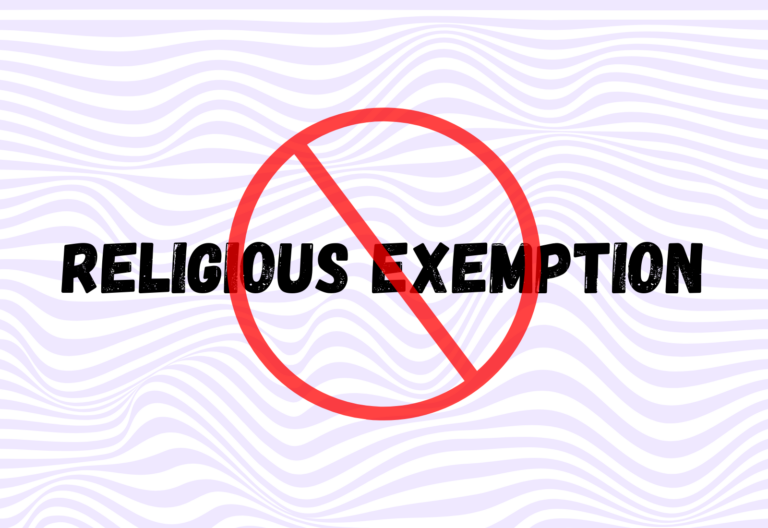
Psychedelics Webinar Recap
Last week, we presented a psychedelics webinar entitled “How to Protect Your Psychedelics Business.” The panelists were Paul Coble from our Phoenix office), me (Griffen Thorne from our Los Angeles office), and Graham Pechenik of Calyx Law in San Francisco. In the webinar, we presented on business law and intellectual property issues that will affect


















